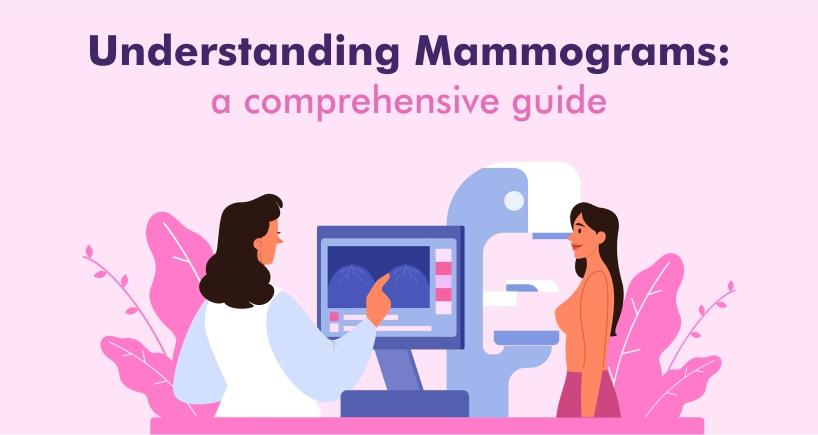
Understanding Mammograms: A Comprehensive Guide
Mammograms are pivotal diagnostic tools in the early detection of breast cancer. Understanding what they entail, who should undergo them, how frequently, and what to expect during the procedure is crucial for every woman's health journey.
What are Mammograms?
Mammograms are specialized X-ray examinations designed to capture images of the breast tissue. They play a pivotal role in detecting breast cancer at its earliest stages, often before any symptoms are noticeable. The images obtained during a mammogram, called mammograms or mammographic images, are carefully analyzed by radiologists for any signs of abnormalities, such as masses or microcalcifications.
Who Should Get Mammograms?
The guidelines regarding who should undergo mammograms and at what age have evolved over the years. Traditionally, women aged 40 and above are recommended to start receiving regular mammograms. However, individual risk factors, such as family history, personal medical history, and genetic predispositions, can influence the timing and frequency of mammograms.
For women with average risk factors, most healthcare organizations, including the American Cancer Society and the U.S. Preventive Services Task Force, recommend starting mammograms at age 40 and continuing annually thereafter. However, for women with a higher risk of breast cancer due to family history or other factors, earlier and more frequent mammograms may be advised.
How Often Should Mammograms be Done?
The frequency of mammograms depends on various factors, including age, risk factors, and individual health history. As a general guideline, women aged 40 and above are advised to undergo annual mammograms. Regular screening allows for the early detection of any abnormalities, increasing the chances of successful treatment and positive outcomes.
For women with a higher risk of breast cancer, such as those with a family history of the disease or certain genetic mutations, more frequent mammograms or additional screening methods, such as breast MRI, may be recommended. It is essential to consult with a healthcare provider to determine the most appropriate screening schedule based on individual risk factors.
What to Expect During the Procedure?
Before scheduling a mammogram, it is essential to inform the healthcare provider if there are any breast symptoms, such as pain, lumps, or nipple discharge. Additionally, it is advisable to avoid scheduling the mammogram during menstruation, as breast tenderness may be more pronounced during this time.
During the procedure, the woman will be asked to undress from the waist up and will be provided with a gown to wear. The mammogram technician will position the breast on a specialized platform and gently compress it between two plates to obtain the images. While this compression can cause temporary discomfort or pressure, it is necessary to ensure clear and accurate images.
The entire mammogram procedure typically takes around 20-30 minutes to complete. After the images are captured, they will be reviewed by a radiologist, who will interpret the results and communicate them to the patient and their healthcare provider.
Conclusion
Mammograms are invaluable tools in the early detection of breast cancer, saving countless lives each year. Understanding the importance of mammograms, who should undergo them, how often, and what to expect during the procedure is essential for every woman's health and well-being. By staying informed and proactive about breast health, women can take proactive steps towards early detection and prevention of breast cancer. Remember, early detection saves lives.
Categories
Clear allMeet the doctor

- Oncology | Radiation Oncology
-
13 Years
-
1000



















